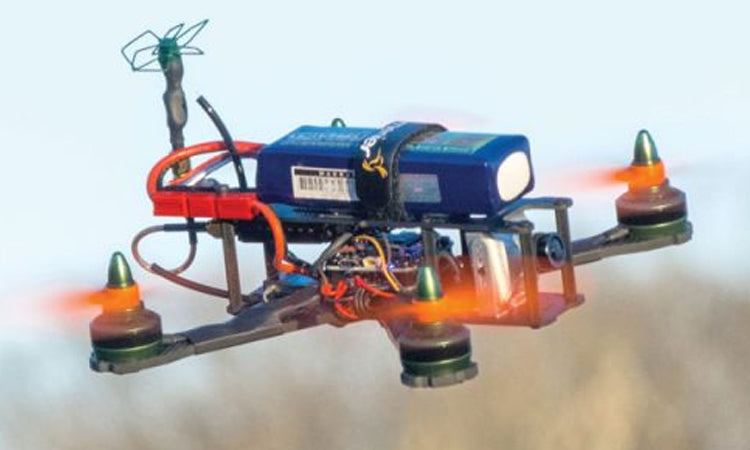The Evolution of Geek Culture Conventions
Geek culture conventions have evolved significantly over the years, transforming from niche gatherings into massive events that attract millions of fans worldwide. Here’s a look at how these conventions have developed and what the future holds.
-
The Early Days
- Overview: The origins of geek culture conventions can be traced back to the early comic book conventions in the 1960s and 70s. These events were small gatherings of dedicated fans who shared a passion for comics, science fiction, and fantasy.
- Impact: These early conventions laid the foundation for today’s multi-genre events, fostering a sense of community among like-minded enthusiasts.
-
The Rise of Major Conventions
-
Overview: The 1980s and 90s saw the rise of major conventions such as San Diego Comic-Con (SDCC) and Dragon Con. These events expanded beyond comics to include movies, TV shows, video games, and cosplay.
-
Impact: These conventions became cultural phenomena, attracting celebrities, major studios, and media coverage. They helped legitimize geek culture and bring it into the mainstream.
-
External Link: San Diego Comic-Con | Dragon Con
-
The Influence of Technology
- Overview: Advances in technology have had a significant impact on geek conventions. The rise of the internet allowed for greater connectivity among fans, while social media platforms helped spread the word about events.
- Impact: Technology has made it easier for fans to stay informed, share experiences, and participate in virtual conventions, especially during the COVID-19 pandemic.
-
Expansion of Content and Inclusivity
- Overview: Modern geek conventions are more inclusive and diverse, reflecting the broadening scope of geek culture. They now encompass a wide range of genres and interests, from anime and manga to tech and science.
- Impact: This inclusivity has attracted a more diverse audience and encouraged the participation of underrepresented groups within the geek community.
-
The Future of Geek Conventions
- Overview: The future of geek conventions looks bright, with a growing emphasis on interactivity and immersive experiences. Augmented reality (AR) and virtual reality (VR) technologies are set to enhance attendee engagement.
- Impact: These innovations will allow for more personalized and interactive convention experiences, attracting even more fans and expanding the reach of these events.
Conclusion
Geek culture conventions have evolved from small, niche gatherings to large, inclusive events that celebrate a wide range of interests. As technology continues to advance and inclusivity becomes a priority, these conventions will likely continue to grow and innovate, offering exciting new experiences for fans around the world.



